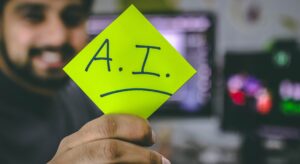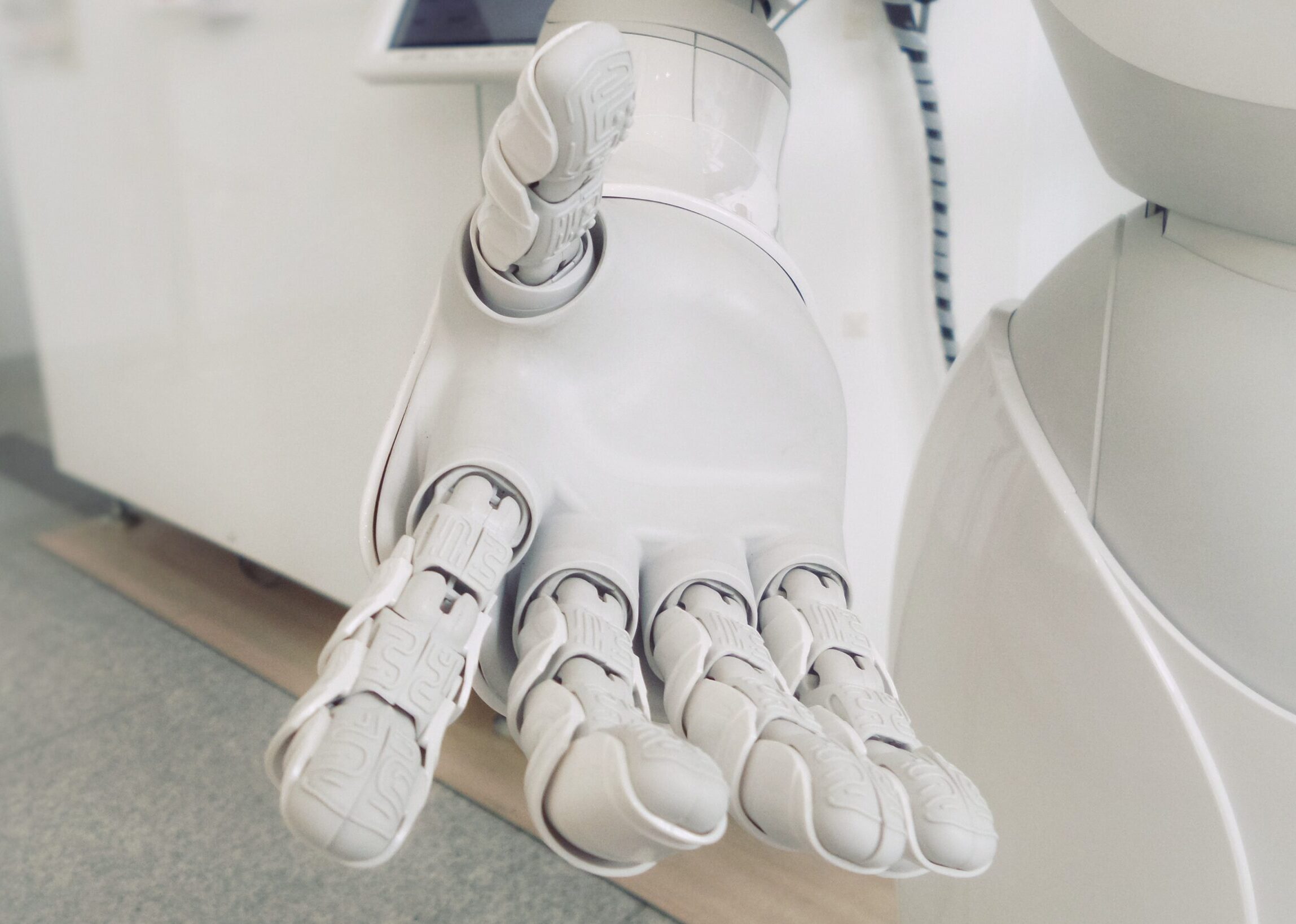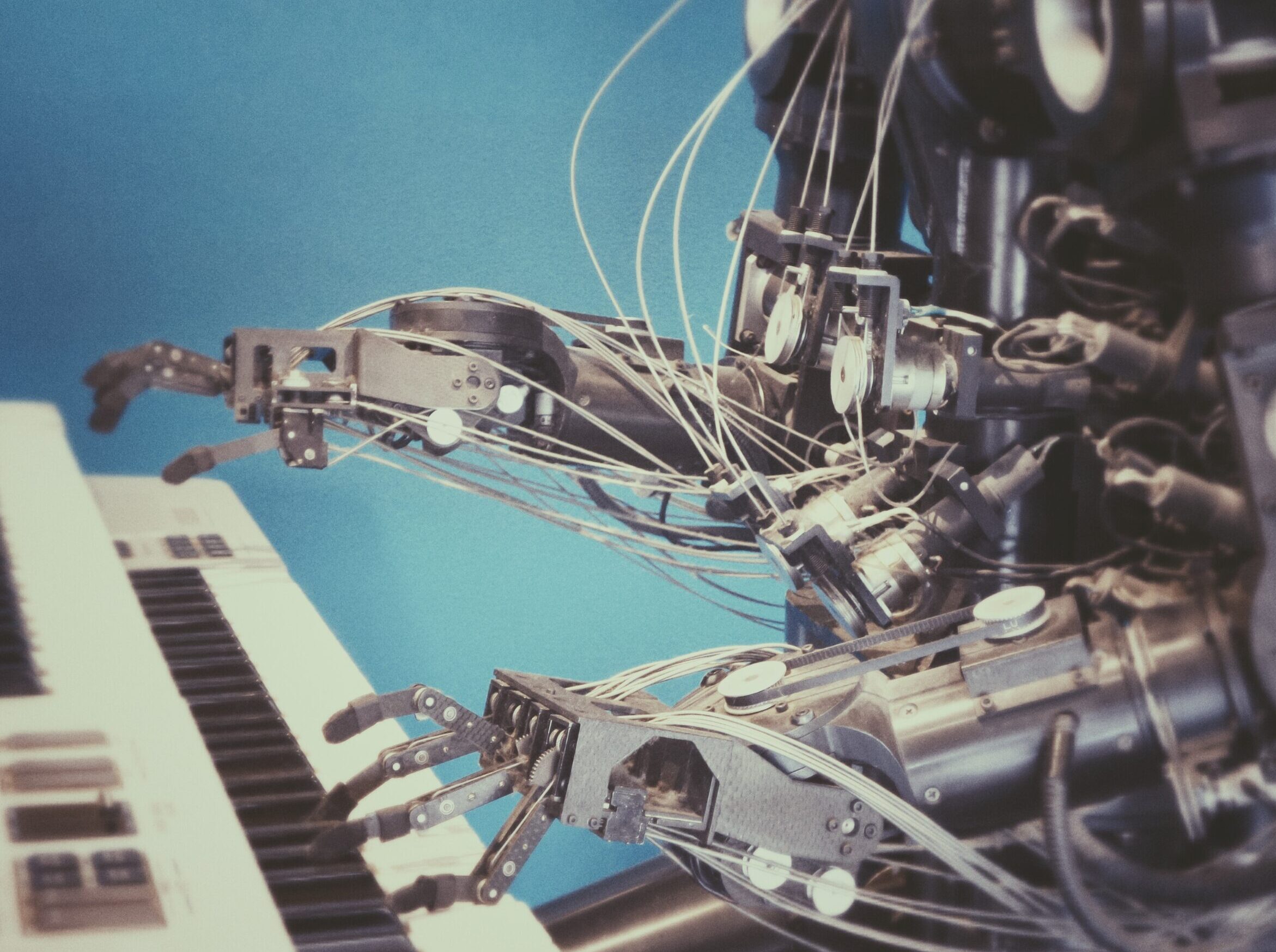With each passing day, technology continues to advance at an astonishing rate. From self-driving cars to virtual assistants like Siri and Alexa, AI has become an integral part of our daily lives. But as we marvel at the wonders of this technological revolution, it’s essential to reflect on what it truly means to be human in this brave new world.
In this blog post, we will explore the profound impact that AI has on humanity and delve into both its pros and cons. From job automation and improved efficiency to ethical concerns and loss of human connection, no stone will be left unturned as we navigate through the intricate relationship between humans and machines.
So buckle up, dear reader! We are about to embark on a thought-provoking journey that will challenge your perceptions of what it means to be human in the age of artificial intelligence. Are you ready? Let’s dive right in!
What Does It Mean to Be Human in the Age of AI?
As we witness the rise of artificial intelligence, it raises a fundamental question: What does it mean to be human in this era? AI has undoubtedly brought tremendous advancements and convenience into our lives. It can analyze vast amounts of data in seconds, perform complex tasks with precision, and even mimic human speech patterns. But amidst all these marvels, we must remember that what truly sets us apart as humans is our capacity for emotions and empathy.
Being human means experiencing a wide range of emotions – from love and joy to sadness and fear. It’s about forming meaningful connections with others based on shared experiences, understanding, and compassion. While AI can replicate certain aspects of human behavior, it lacks the depth and complexity of genuine human emotions.

Furthermore, being human involves embracing imperfection. We make mistakes; we learn from them; we grow as individuals. In contrast, AI operates on algorithms designed for efficiency and accuracy. It doesn’t possess the innate ability to adapt or think creatively outside its programmed parameters.
Humanity also thrives on curiosity and imagination – qualities that have fueled innovation throughout history. Our ability to dream big enables us to explore new frontiers beyond the limitations of current knowledge. While AI can assist us in processing information faster than ever before, it cannot replace the spark of inspiration that comes from within.
In essence, being human encompasses a unique blend of intellectuality mixed with emotional depth—an intricate tapestry woven by genetics, experience, culture,and environment—all shaping our individual identities.
But as technology continues to evolve exponentially around us,it becomes crucial not only to embrace these qualities but also navigate their coexistence alongside advanced machines.
The Pros and Cons of AI
AI, or Artificial Intelligence, has become a buzzword in recent years. It holds great promise for improving our lives in various ways. On the positive side, AI can automate tedious tasks and increase productivity. This technology has the potential to revolutionize industries such as healthcare, transportation, and manufacturing.
In healthcare, AI algorithms can analyze vast amounts of data to quickly diagnose diseases and develop personalized treatment plans. This could lead to more efficient and accurate medical care for patients worldwide. Similarly, self-driving cars powered by AI have the potential to reduce accidents caused by human error on the roads.
However, with great power comes great responsibility. There are concerns about job displacement due to automation brought about by AI advancements. As machines become smarter and capable of performing complex tasks previously done by humans, it raises questions about unemployment rates and income inequality.
Another challenge is ensuring that AI systems are unbiased and ethical. Machine learning algorithms learn from existing data sets which may contain biases or discriminatory patterns inadvertently embedded within them. If not properly addressed, this could perpetuate societal inequalities or amplify harmful stereotypes.
Furthermore, there are also concerns regarding privacy and security issues associated with AI technologies. As these systems collect massive amounts of personal data for analysis purposes, there is a need for robust safeguards to protect sensitive information from falling into the wrong hands.

AI brings undeniable advantages such as increased efficiency in various sectors including healthcare and transportation; however it also poses certain risks like job displacement, ethical challenges, and privacy concerns. As we navigate through this age of artificial intelligence, it’s crucial that we address these drawbacks while harnessing its benefits to ensure a better future for humanity.
How will AI Impact Humanity in the Future?
AI has the potential to revolutionize numerous aspects of human life in the future. One area where its impact is already being felt is in healthcare. AI-powered algorithms can analyze vast amounts of medical data and provide more accurate diagnoses, leading to faster and more effective treatments. This could potentially save countless lives and improve overall healthcare outcomes.
Another significant impact of AI on humanity will be in the field of transportation. Self-driving cars are becoming increasingly common, with companies like Tesla and Waymo leading the way. These vehicles have the potential to reduce accidents caused by human error and increase overall road safety.
In terms of employment, there are concerns that AI advancements may lead to job displacement for certain industries. However, it’s important to note that new technologies often create new opportunities as well. While some jobs may become obsolete, others will be created to support and manage AI systems.
AI also has the potential to enhance personalization in various areas such as entertainment and marketing. With sophisticated algorithms analyzing user preferences and behavior patterns, individuals can enjoy customized experiences tailored specifically for them.
However, it’s crucial not to overlook the ethical implications surrounding artificial intelligence. Issues such as data privacy, biases within algorithms, and reliance on automated decision-making raise important questions about accountability and fairness.
While AI holds tremendous promise for improving many aspects of human life in the future, it is essential that we approach its development thoughtfully with a focus on ethics and ensuring that benefits are distributed equitably across society.
As we navigate the complexities and advancements of artificial intelligence, it is clear that we are entering a new era in human existence. The rise of AI brings both promise and challenges, forcing us to question what it truly means to be human.
On one hand, AI has the potential to revolutionize industries, improve efficiency, and enhance our daily lives. From self-driving cars to personalized virtual assistants, these technologies have already become an integral part of our society. They can analyze vast amounts of data in seconds, identify patterns that humans may miss, and assist in decision-making processes.
However, with great power comes great responsibility. The rapid growth of AI also raises concerns about job displacement and loss of privacy. As automation takes over repetitive tasks previously performed by humans, many fear unemployment will rise significantly. Additionally, the collection and utilization of personal data by AI systems raise questions about privacy infringement.
Furthermore, there are ethical considerations surrounding AI development. As machines continue to evolve their capabilities through machine learning algorithms without emotional or moral compasses like humans possess – they lack empathy or ethical judgment when making decisions that may impact individuals’ lives.
Despite these challenges though – embracing artificial intelligence can enable us to focus on higher-level cognitive tasks while leaving mundane ones for machines to handle efficiently- thus freeing up more time for creativity and innovation among individuals as well as promoting scientific progress which benefits all humanity at large!
In conclusion (without using “in conclusion”), being human in the age of artificial intelligence means adapting to change while addressing its implications head-on. We must strike a balance between reaping the benefits offered by AI while ensuring responsible development practices that prioritize ethics and inclusivity.
Ultimately though- staying true to our unique qualities such as empathy compassion creativity critical thinking skills- will help us define what it truly means ‘to be human’ amidst this ever-evolving technological landscape!

